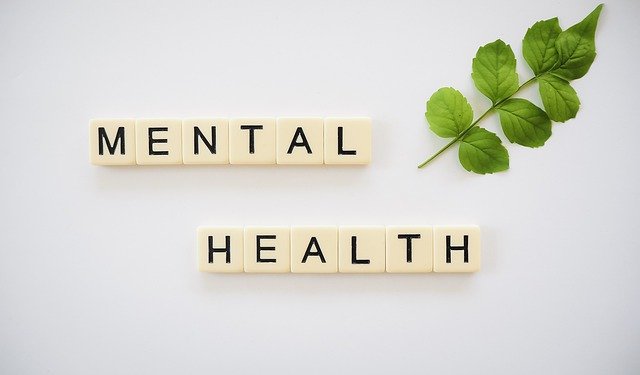By Annette Devenish, Marketing Director at Sani-touch
It’s perhaps no surprise that a societal crisis like the Covid-19 pandemic has had a negative impact from a mental health perspective. Accompanied as it has been with an economic recession, loss of income, growing unemployment and social isolation, the pandemic has seen growing numbers of people suffering from anxiety and depression, not only in South Africa but also around the world.
Earlier this year the South African Society of Psychiatrists (SASOP) said that mental health was the biggest threat of 2021. Even as the physical risks of the pandemic are better managed, the permanent impact of the pandemic will continue to weigh on our mental health. The society says that it was perhaps inevitable that cases, if not swathes, of psychological distress would emerge.
This is a trend that is not unique to South Africa. Globally, predictions are that the pandemic will impact significantly on the mental health of society with an increase in cases of depression, suicide and self-harm.
In the US a Kaiser Family Foundation Health Tracking Poll found an increase in the number of adults reporting symptoms of anxiety or depression with many reports of worsening chronic conditions as a result of worry and stress.
A study conducted by the Indian Psychiatric Society revealed a 20% increase in mental illnesses since the outbreak of the Covid-19 pandemic in India, while a meta-analysis on mental health in China in the same period estimates the prevalence of anxiety to be around 31.9% and depression around 33.7%.
Interestingly, a number of studies currently being conducted globally are looking into the impact that Covid-related control measures such as lockdowns and restrictions on social gatherings have had on mental health in order to better inform policy making in the future.
Even prior to the pandemic, the South African Depression and Anxiety Group (SADAG) estimated that 20% of the population would suffer some kind of depressive illness during the course of their lives. The pandemic, coupled with the fact that many people have suffered job or income losses, is likely to have exacerbated this statistic.
Old Mutual’s Claims Statistics for 2020, for example, reveal an alarming 9% rise in mental-health related claims under the company’s disability income cover. This comes after a consecutive three-year increase in these kinds of claims, the majority of which are for major depression.
High levels of prolonged stress can have a negative impact on both mental and physical health. According to Dr Kagisho Maaronganye, a psychiatrist and public sector national convenor of SASOP, stress can become toxic if an individual feels they don’t have control over it, have no support systems or resources to handle the stress. And certain people are more vulnerable to this “toxic” stress than others.
Depression can afflict anyone, irrespective of age or gender. It’s when you feel that you are not able to cope and are unable to pull yourself together that it’s important to get help.
Critically important is to manage stress levels. Ironically, the same methods that are typically recommended to reduce high stress levels, can also enhance one’s immune system. Maaronganye recommends focusing on the basics of adequate sleep, healthy meals, movement, spending time outdoors with loved ones and pets and taking chronic medication where necessary, amongst other measures. “We need to take care of ourselves and each other if we are going to keep our mental health healthy,” he says.
As spring starts to unfold, accompanied by warmer and longer days, here are our top tips for being kind to ourselves, managing stress and ensuring healthy mental health:
- Make sure you get outside. Not only is exposure to the sun a good source of essential vitamin D which is important for the immune system to function, but new research indicates that vitamin D may in fact lower the risk of viral infections and the common cold, says registered dietician Monique Piderit. “The most efficient way to get vitamin D from the sun is to expose your arms and legs to the sun for 15 minutes at a time, without any clothes or sunblock,” she reveals. Warmer, sunnier weather also been found to have a positive impact on mental health.
- Move, move, move. Not only is exercising good for your physical health but numerous studies have shown that those who exercise regularly have lower rates of depression, better self-esteem and improved quality of sleep. Exercising releases chemicals called endorphins which are particularly good for your mental health given that they trigger positive feelings.
- Surround yourself with supportive family and friends. One of the triggers for depression during the hard lockdown in 2020 was the lack of social support as people isolated. Exercise with a friend which has the benefit of ensuring you benefit both from physical activity while at the same time connecting with a friend. Or, given that this is Heritage Month, what better way to celebrate our proudly South African heritage than with a braai with friends. Inspired by Jan Braai – the man behind National Braai Day – we’re loving Sani-touch’s Braai Wipes, biodegradable cloth wipes to keep hands, faces and even tongs, clean.












